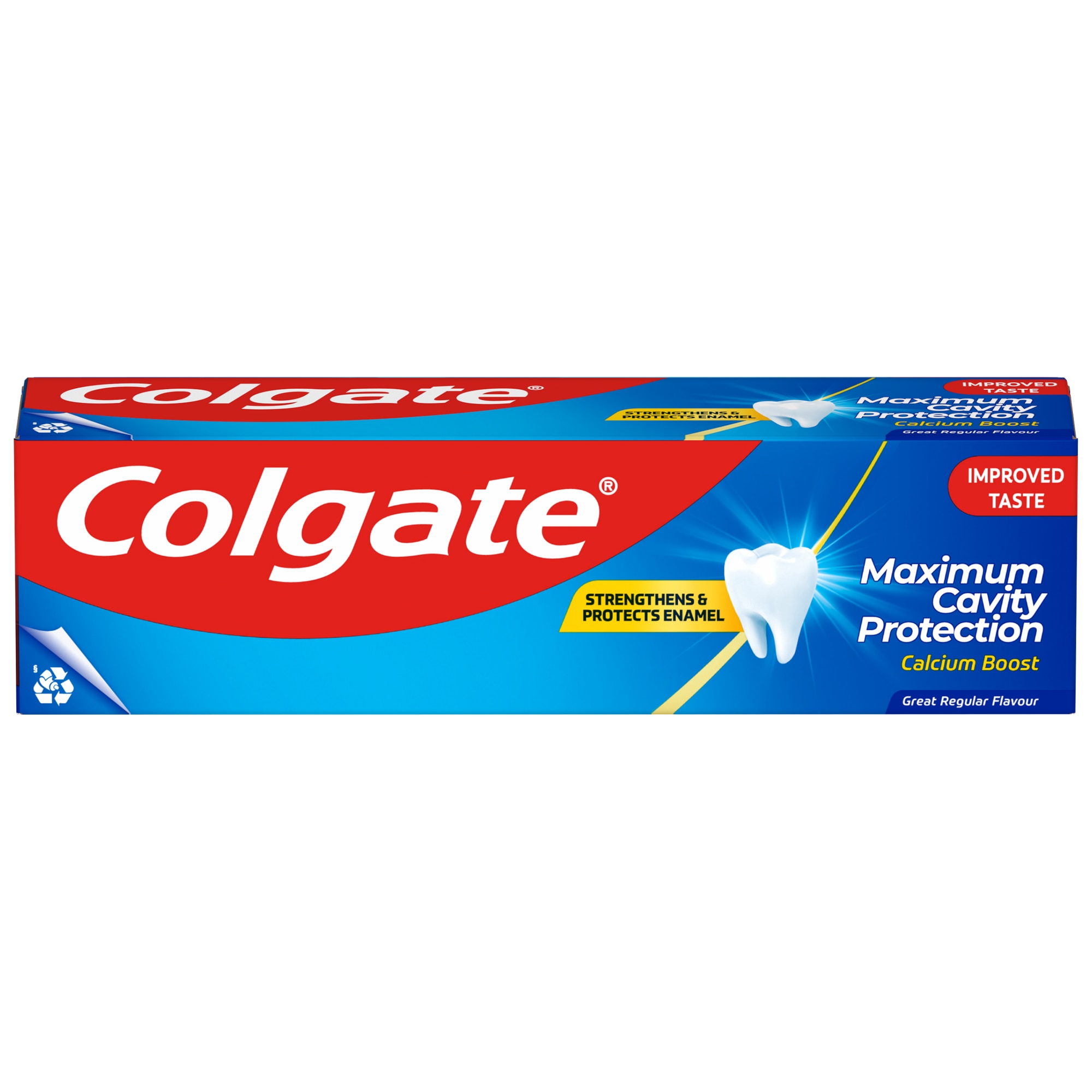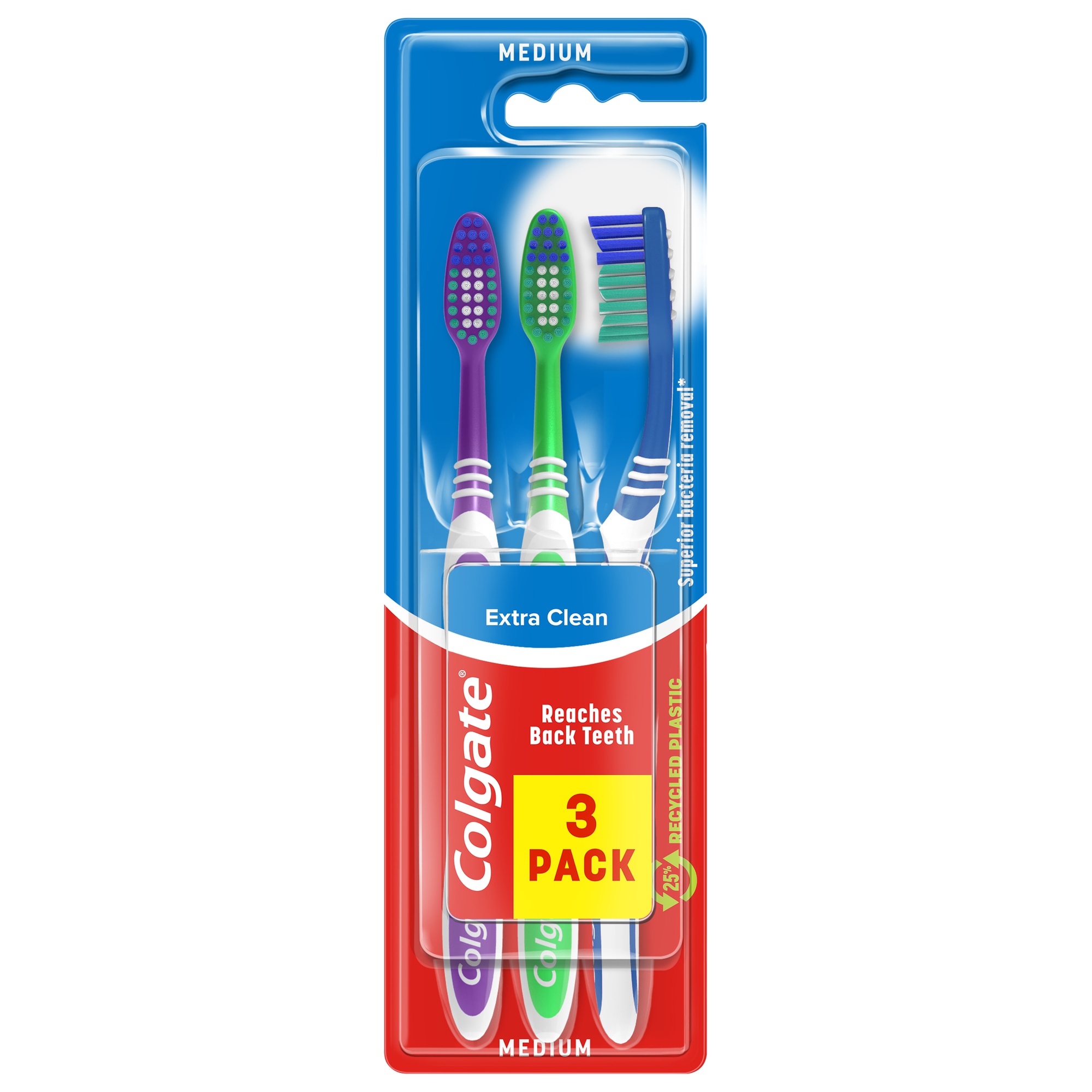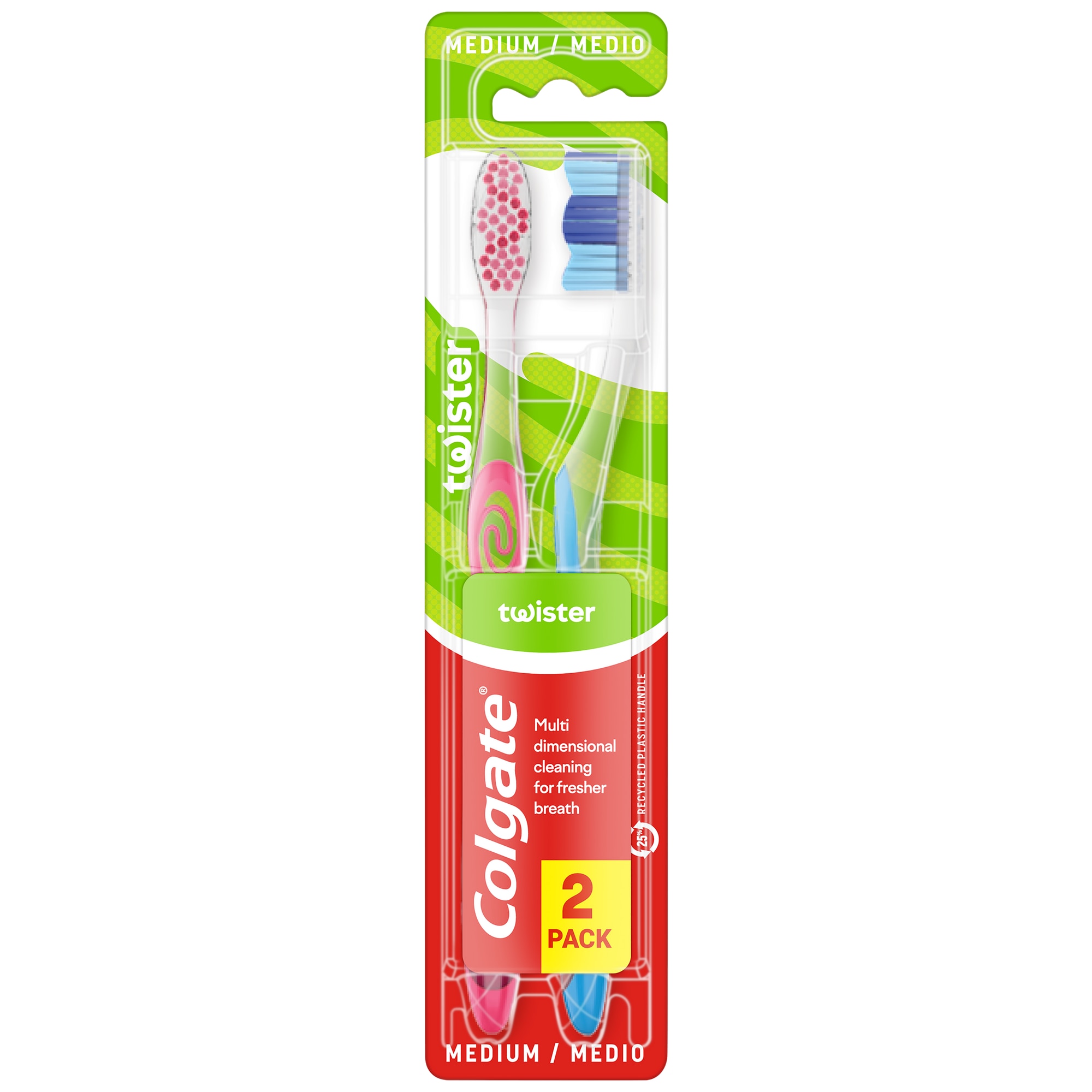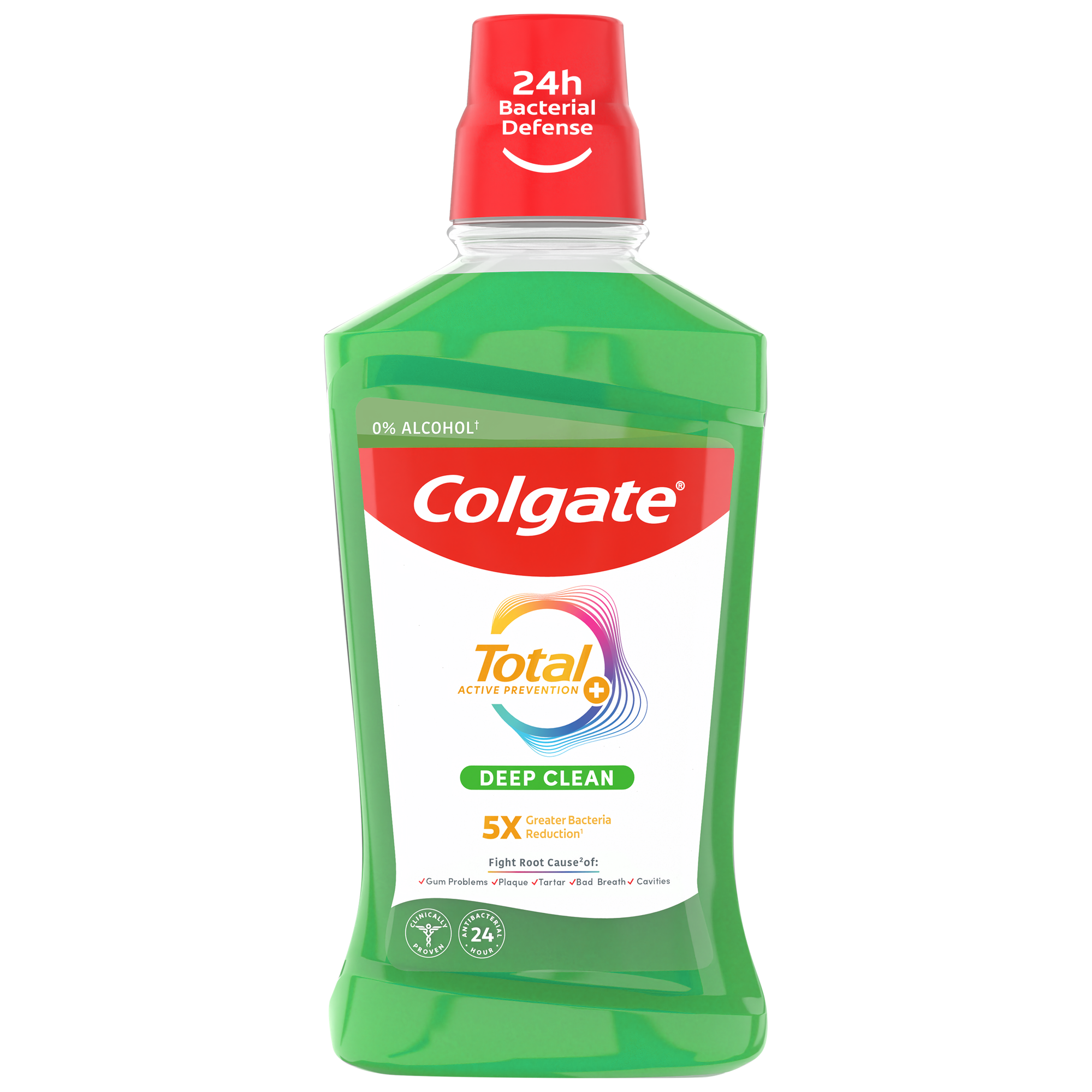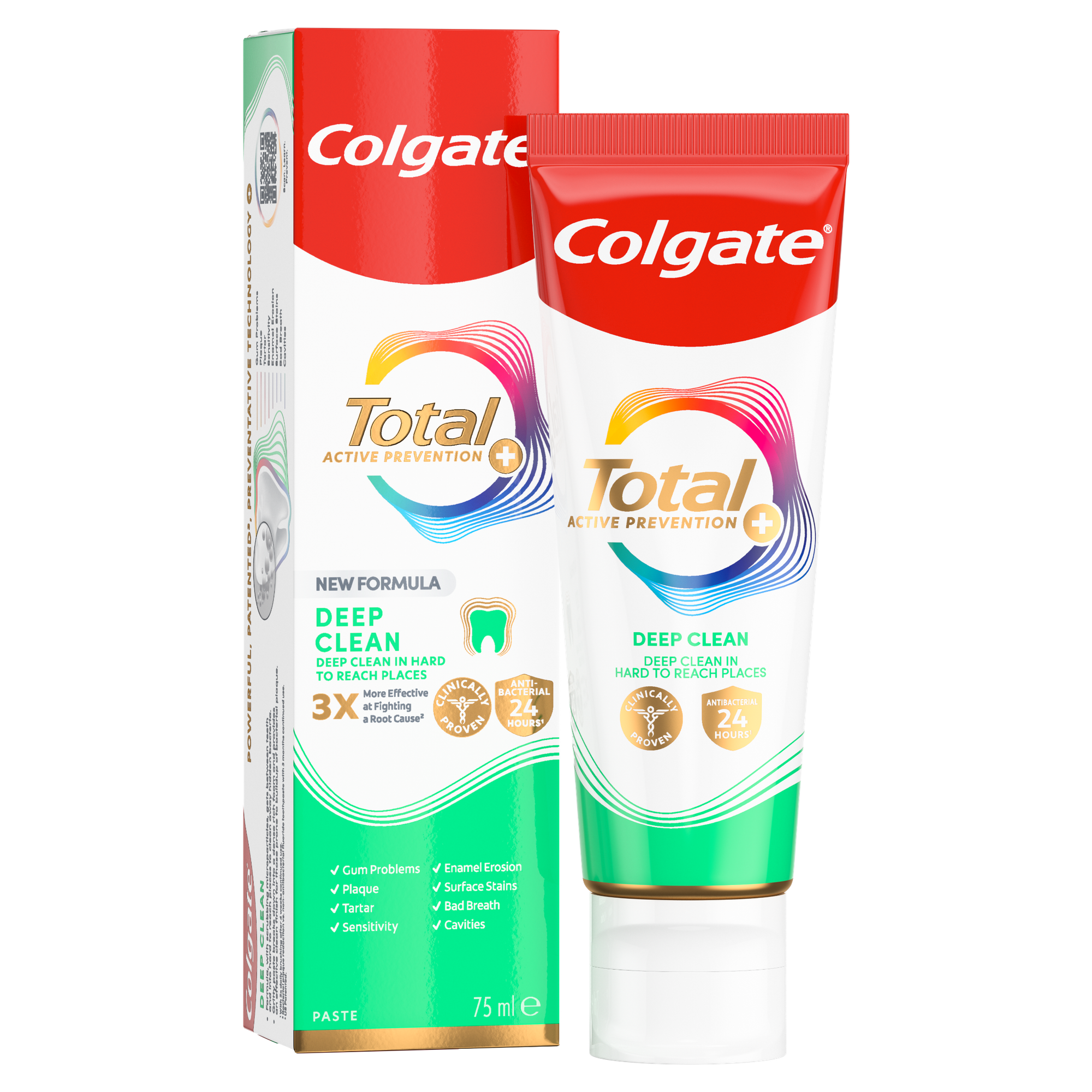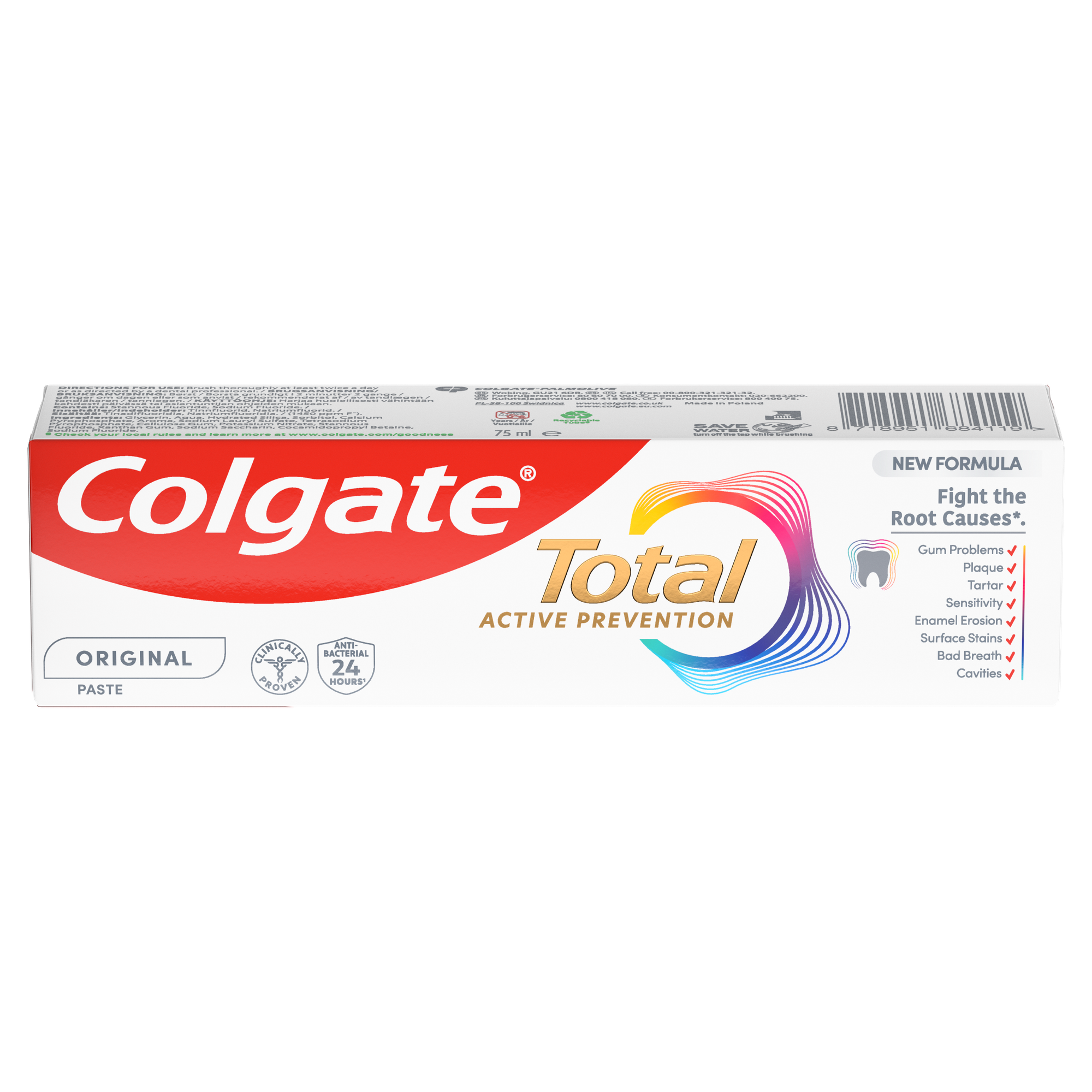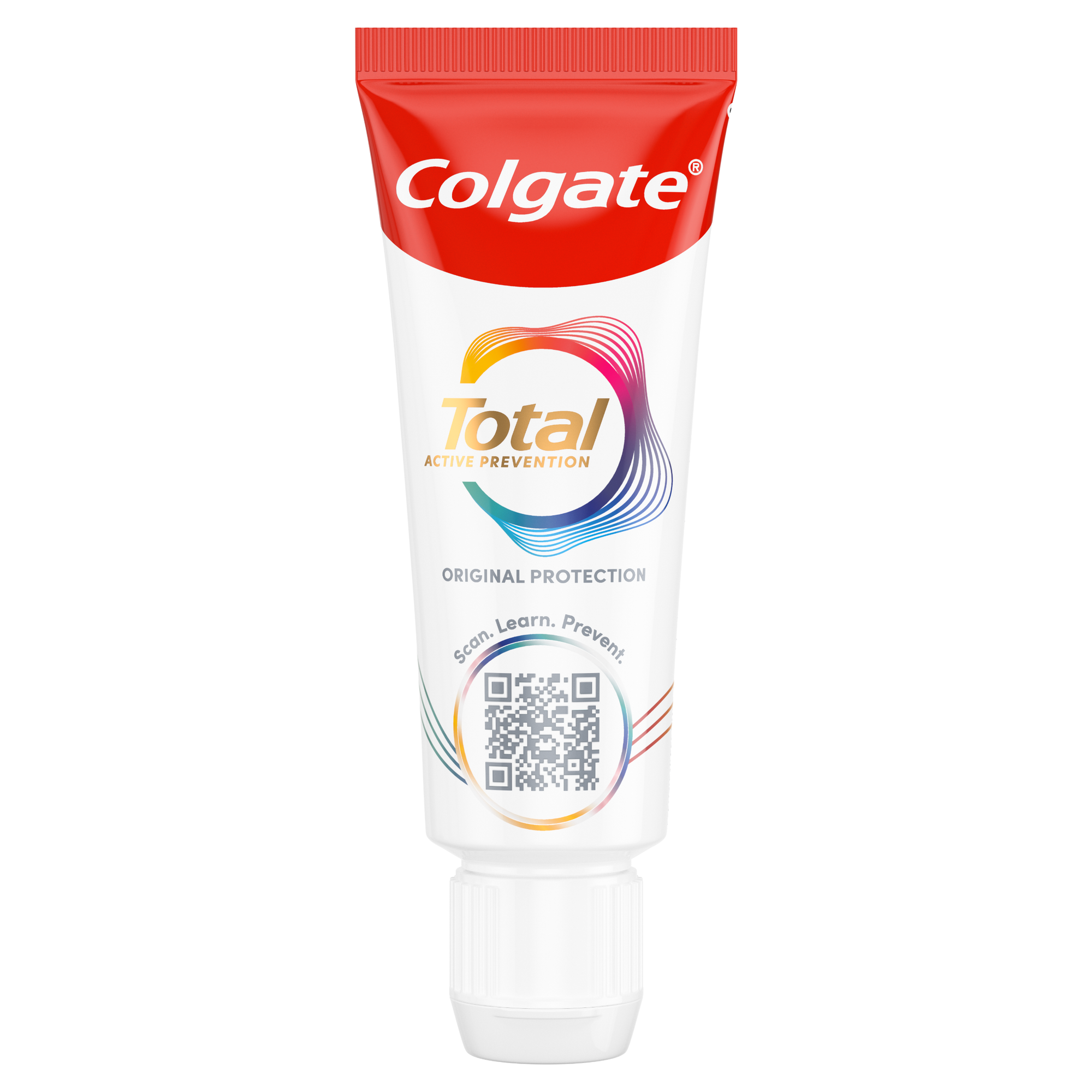When to See a Dentist for a Coated Tongue
According to the NHS, the tongue appears to be coated with a white layer when the surface is colonised by bacteria or fungi and dead cells become lodged between the papillae. The condition is typically harmless, despite the odd appearance. However, a white tongue can be a symptom of a serious health condition.
You should consult your dentist about a white tongue if it's painful, the coating lasts for longer than three weeks, or you're concerned about changes to your tongue associated with the coating.
Causes of a Coated Tongue
The British and Irish Society for Oral Medicine lists various reasons why the tongue can appear to be coated. Conditions such as poor oral hygiene and dry mouth are common. Tobacco usage is known to cause a number of health problems, a white tongue included. Eating soft foods or long periods of not eating due to illness can also be a contributing factor. Certain medications for a variety of conditions can also cause a coated tongue.
White patches or coating can be a symptom of more serious health conditions, such as oral thrush and leukoplakia. These conditions require a visit to your doctor or dentist.
Oral Thrush
Thrush is a mouth infection caused by the Candida fungus, more commonly referred to as yeast. A typical healthy person has small amounts of Candida in the mouth and digestive tract and on the skin. Other microorganisms and bacteria keep the fungus from growing out of control. However, illnesses, stress and medications can all cause Candida to reproduce more.
The main symptom of oral thrush is white lesions that resemble cottage cheese, found usually on the tongue or inner cheeks. Thrush can happen in anyone, but it's more common in babies and toddlers, the elderly, and people with compromised immune systems. It can result from:
- Antibiotic and corticosteroid use
- Smoking
- Diabetes
- Poorly-fitted dentures
- Serious diseases, such as HIV and cancer
- Pregnancy
Thrush is treated with antifungal medication taken over 10 to 14 days.
Leukoplakia
Excessive cell growth in the mouth produces white patches on the tongue, a condition known as leukoplakia. Tobacco users are more prone to it than non-smokers. The presence of leukoplakia can sometimes indicate cancer, though your dentist needs to perform an evaluation for a proper diagnosis.
Leukoplakia lesions typically resolve themselves. If the patches last longer than two weeks, consult your dentist.
Treatment of a Coated Tongue
Regardless of what's causing your white coated tongue, bad breath is usually a by-product. That's because of the extra bacteria hanging out on your tongue. Fighting bad breath from a coated tongue is as simple as maintaining good oral care habits.
Brush at least twice a day, complemented by flossing. Use a toothbrush that cleans the teeth, tongue, cheeks and gums and removes bacteria. Schedule regular dental cleanings, too. Besides keeping your teeth clean and healthy, your dentist can identify the cause of a coated tongue and restore your oral health to tip-top shape.
This article is intended to promote understanding of and knowledge about general oral health topics. It is not intended to be a substitute for professional advice, diagnosis or treatment. Always seek the advice of your dentist or other qualified healthcare provider with any questions you may have regarding a medical condition or treatment.
